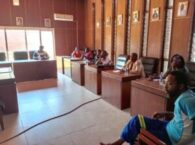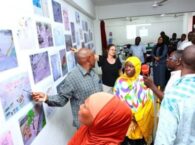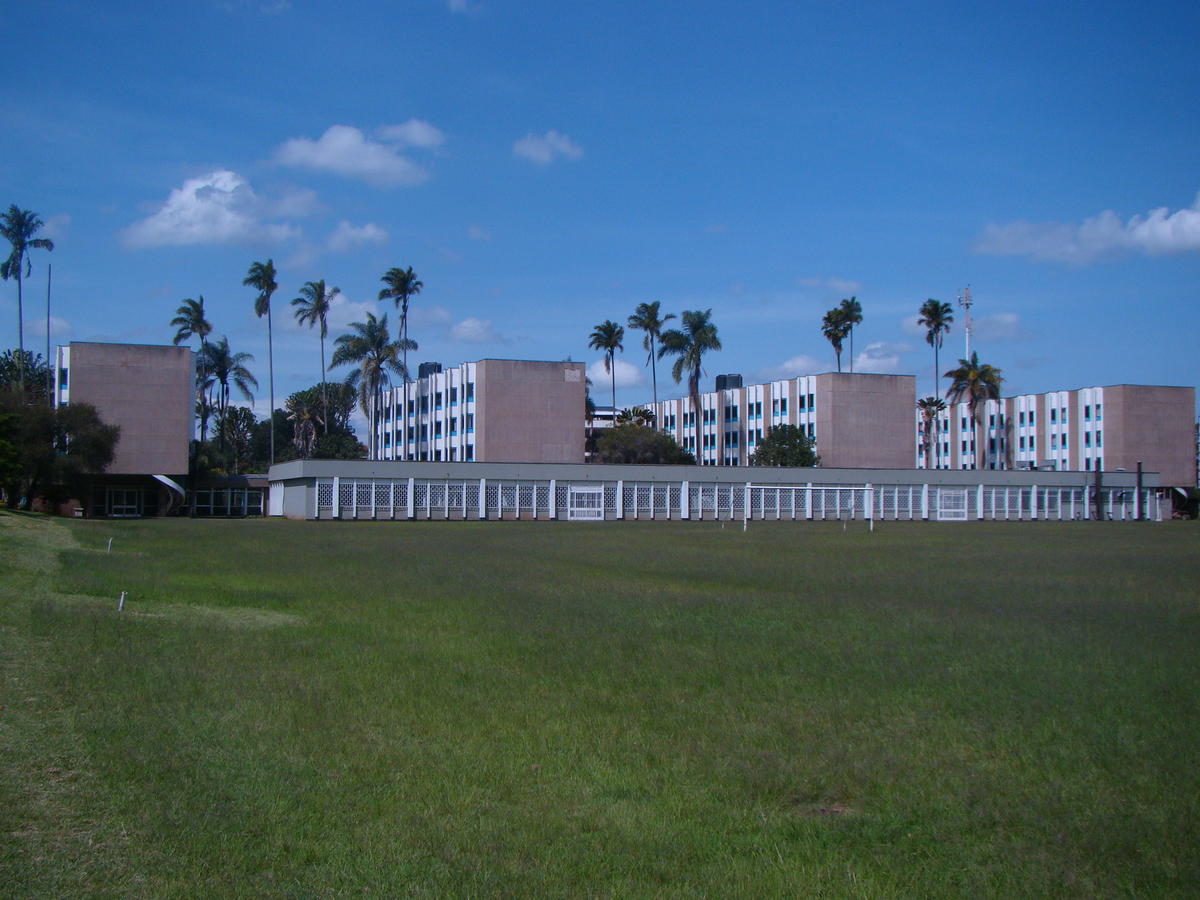
University of Nairobi
Metrics
University
University of Nairobi, KenyaProgram
EPICYears
2017-2020Status
InactiveCase Type
Program StoriesSchool Size
Greater than 40,000Focus Areas
Economic and Social Inclusion, Environment SustainabilityDiscipline
Geography, Law, Placemaking, PlanningRegion
AfricaEPIC
The University of Nairobi in partnership with Nairobi County have joined efforts to advance sustainability and resilience using the EPIC model. Nairobi County is experiencing rapid population explosion, coupled with road expansion and increase in motorization. This current state of affairs does not reflect prioritization of non-motorized transport, particularly, walking. Therefore, residents of Nairobi face a real challenge navigating the crowded streets with hardly any proper infrastructure securing their safety, ease of access, dignity and enjoyment of their surroundings.

It is against this backdrop that the County has singled out the Nairobi Walkability Project as a major priority towards achieving a low-carbon development pathway. Luthuli Avenue and Gedi Street are the pilot project areas for the first EPIC projects in Nairobi.
Nairobi County seeks to build overall community resiliency with these street. They hope to transform them into safe and walkable zones for pedestrians, that encourage more foot traffic and longer stays in the bustling area, with more green spaces, that improve air quality, and increase revenues for businesses along the streets. The project is about rebuilding the city in stages to make it more sustainable and more friendly and accessible for all users.
Through the EPIC model, the University of Nairobi seeks to involve diverse faculties and departments to work on the pilot project with the County staff. For example, Architecture, Planning and Engineering to address technical, design and structural issues, the Faculty of Law and Department of Geography to address regulatory frameworks on land use, the Faculty of Education and Department Sociology to engage in public response and participation as well as stakeholder engagement.
The most recent activity was an urban dialogue on equitable sustainable transport and Luthuli Avenue was showcased as an example of the potential transformation that could take place in the central business district. In attendance were the EPIC students who gave their views as well as other stakeholders such as Stockholm Environment Institute and urban enthusiasts.
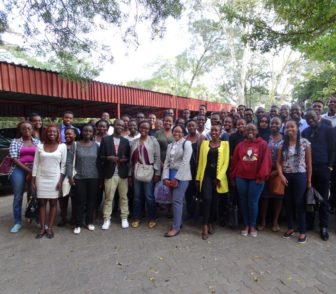
Fun Facts about EPIC Nairobi
The program in Nairobi successfully illustrates how the EPIC Model can catalyze alignment and relationship building in communities. For example the UN-Habitat, Stockholm Environment Institute, Critical Mass Nairobi (cyclists’ group), Public Space Network, and among other NGOs and associations are equally playing a role in realizing the walkability project. An intense week-long effort dubbed ‘Place making week’ was undertaken on the week of October 29 -Nov 4, 2018 to demonstrate how Luthuli Street can be transformed to encourage walking and biking by closing off the street to cars and buses for a week.
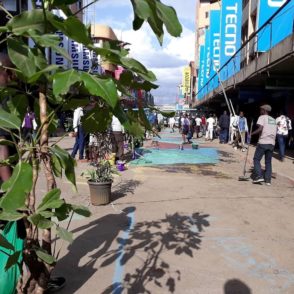
In their first year EPIC facilitated an interesting project to support Nairobi county. They created a design competition using the popular video game, Minecraft to develop design principles to help students engage in minimum design for street safety. They are providing a hackathon/placemaking design lab, digital story-telling through YouTube, dialogues about urban design in Nairobi, and social media posting regarding various themes.
EPIC Nairobi also complements their project by working with a non-profit collective called the Public Space Network. The initiative brings together private, public and civil society sectors to support communities to create the kind of public spaces they desire and deserve. They believe that the real and sustainable change happens not from executive fiat by either county or the national government, but by communities choosing to create a new public space experience for themselves. Here’s a short 2 min video of the Changing Faces Competition that you can share with the group.
Public or Private Institution | Public
Number of students at institution | 98,713
Years Program Active | 2017-2020
Country | Kenya
Highlight Articles/Videos
Improving Walkability of Luthuli Street Before and After Video
From Complaints to Action Competition
City Partners
2018 | Nairobi County • Population: 4,556,381
Contact Details
Edna Odhiambo
Lecturer
eakinyi@uonbi.ac.ke
Join conversations about EPIC Africa here.

